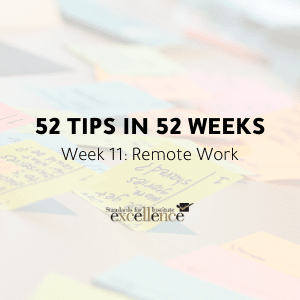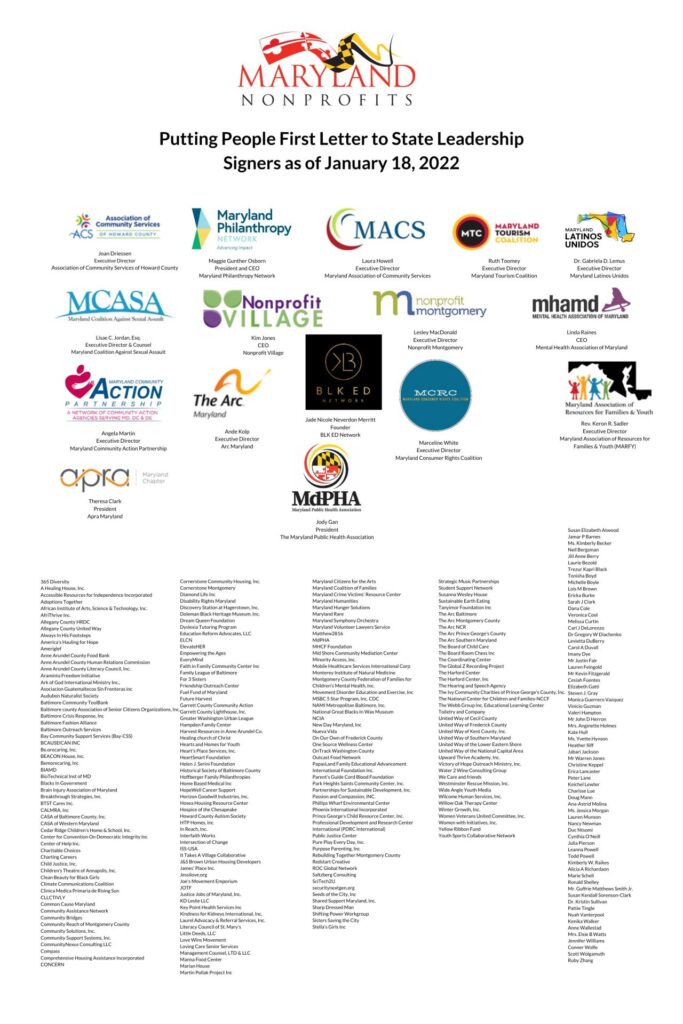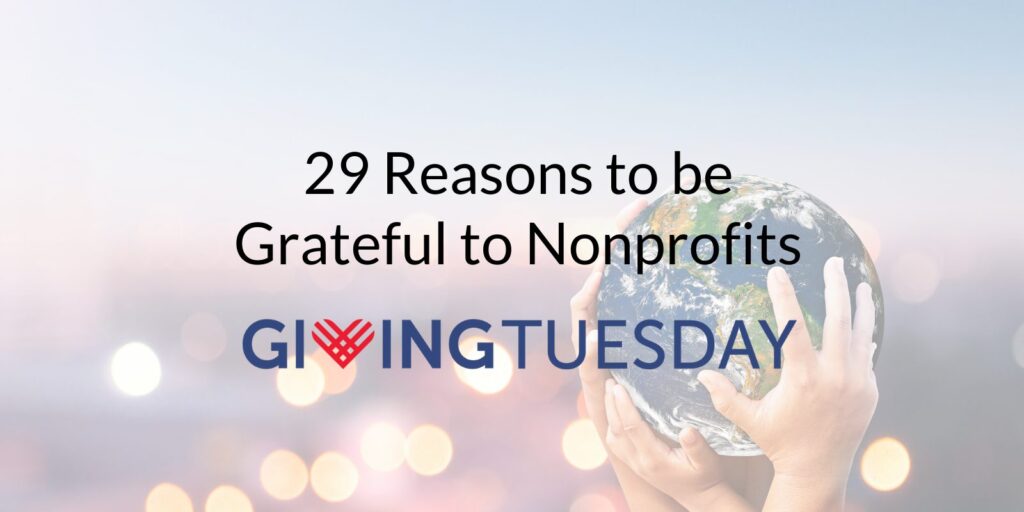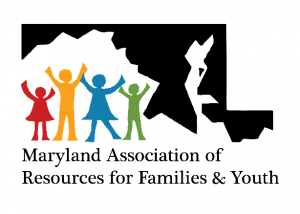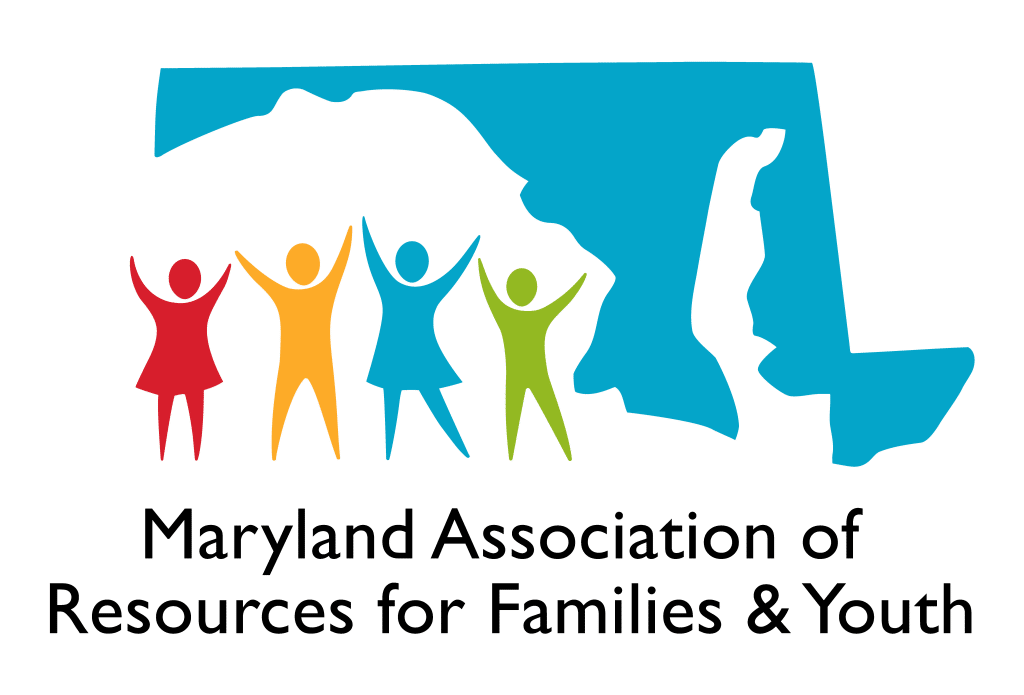This is part of a special series, brought to you by the Standards for Excellence Institute, to provide nonprofit leaders with a brief nonprofit governance and management tip weekly over the course of 2020. We hope these short tips will be helpful to you and the nonprofits you serve. If you have suggestions for future topics, please forward these to acmadsen@standardsforexcellence.org.
Like so many of you, I’ve recently made the change from working in my somewhat cluttered but beloved office to working remotely all the time. I have been a regular remote worker for one day a week (or one day every other week) for a number of years. This once-a-week opportunity to slip into my home office so that I could savor the peace and quiet, getting important “thinking and writing projects” checked off the ever-present “to do” list, feels a lot different from my current full-time work from home arrangement with three kids, a barking dog, and husband all trying to get different tasks accomplished throughout the day. While I join so many others looking for the elusive quiet corner amidst the activity swirling around me, I can’t help but be grateful for my organization’s forethought regarding remote work policies.
When my organization determined that we would move our staff to full-time remote work last week in the midst of the COVID-19 pandemic, we were fortunate because we have the type of work that can be conducted online, and because we have the policies and the technology in place to accommodate such a shift. Besides double checking the laptop capability of our staff and ensuring that everyone on our team had the ability to log into virtual meetings, the logistics have, so far, been relatively seamless. Of course, having seamless logistics does not minimize the stress and uncertainty of the broader environment in which we’re living, working, and trying to stay safe and healthy.
The Standards for Excellence: An Ethics and Accountability Code for the Nonprofit Sector states: “A nonprofit should have written, board-approved personnel policies and procedures that govern the work, actions, and safety of all employees and volunteers of the organization. The policies should cover the basic elements of the relationship (e.g., working conditions, telecommuting (if applicable), employee benefits, vacation, and sick leave). The policies should address orientation to the organization, employee evaluation, supervision, hiring and firing, grievance procedures, employee growth and development, and confidentiality of employee, client, and organization records and information.”
We share our sincere wishes for your continued good health and patience as we all navigate these challenging and uncertain times.
The Standards for Excellence educational packet on Personnel Policies, Employee Orientation, Compensation, and Evaluation includes a helpful Nonprofit Guide to Remote Work. The Guide provides a list of benefits, drawbacks, and concerns, roles and responsibilities of the employers and employees, travel reimbursement, a sample remote work policy, a checklist for remote work, and a sample remote work agreement.
The Standards for Excellence Institute has made their Administrative Policies Educational Packet, Guide to Remote Work, and Crisis and Disaster Planning Resources free during this time.
Members of Maryland Nonprofits have access to this and all 27 Standards for Excellence Educational Resource Packets through the member portal.
Blog Post: What Should Be Included In Our Nonprofit’s Annual Report?
